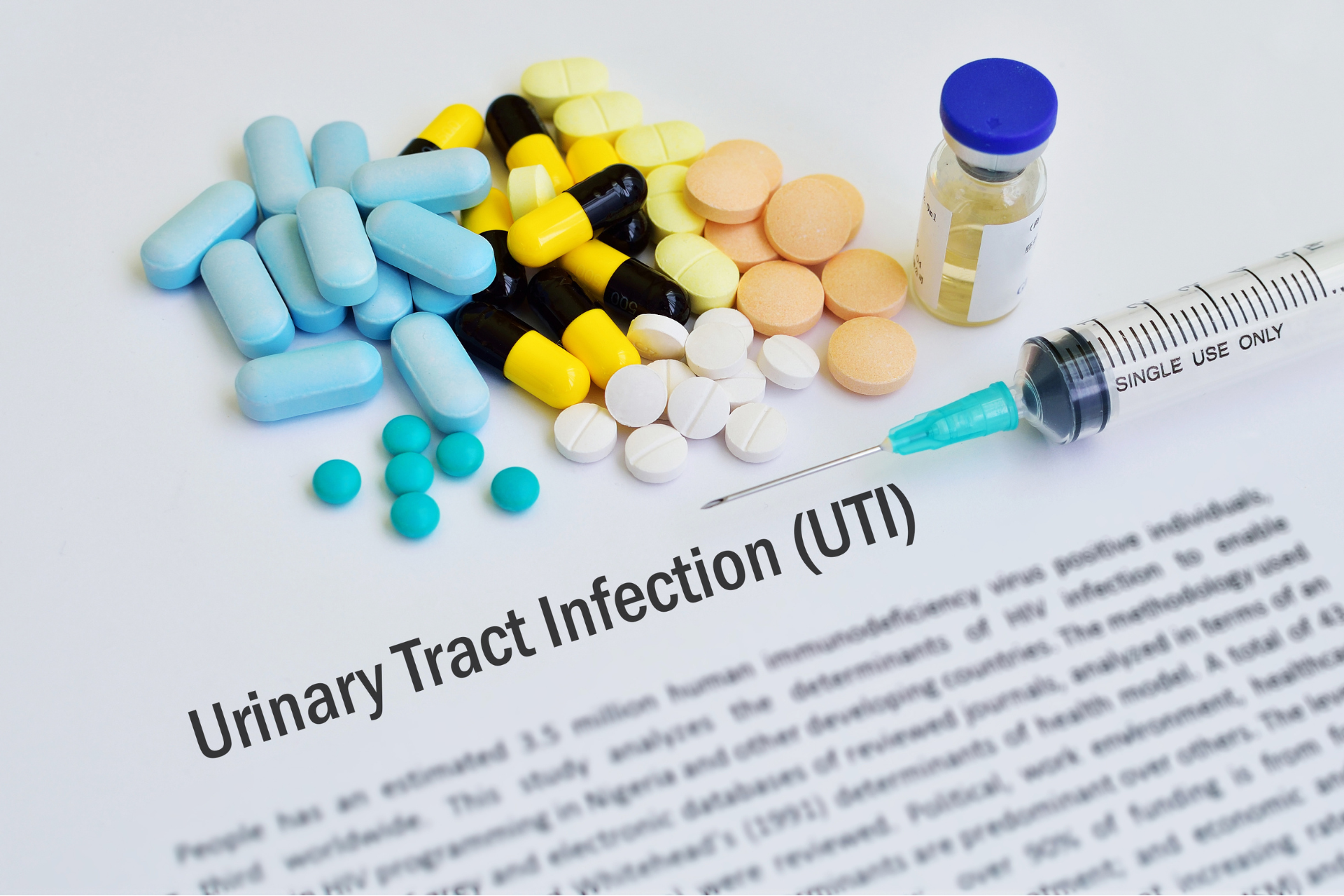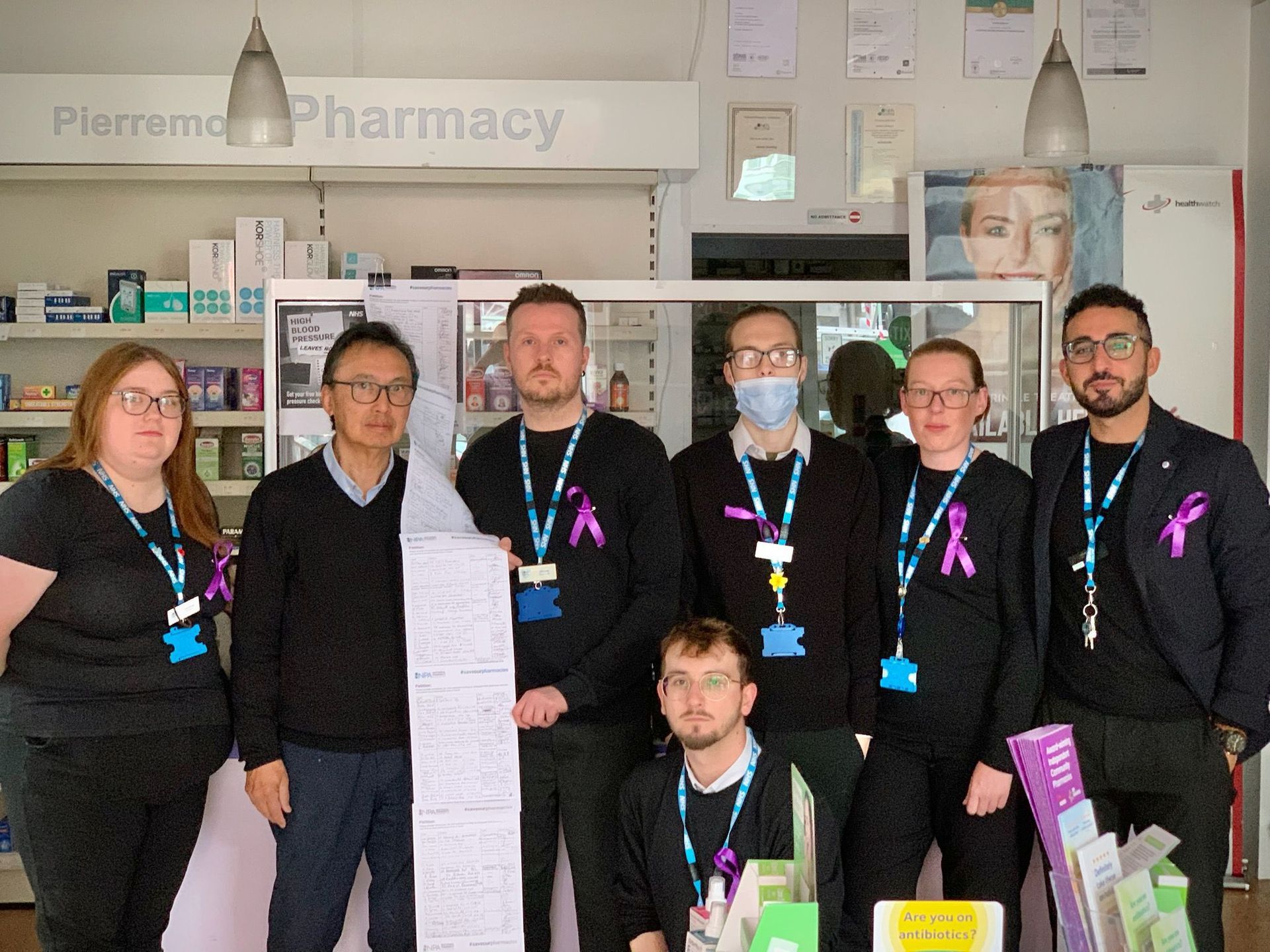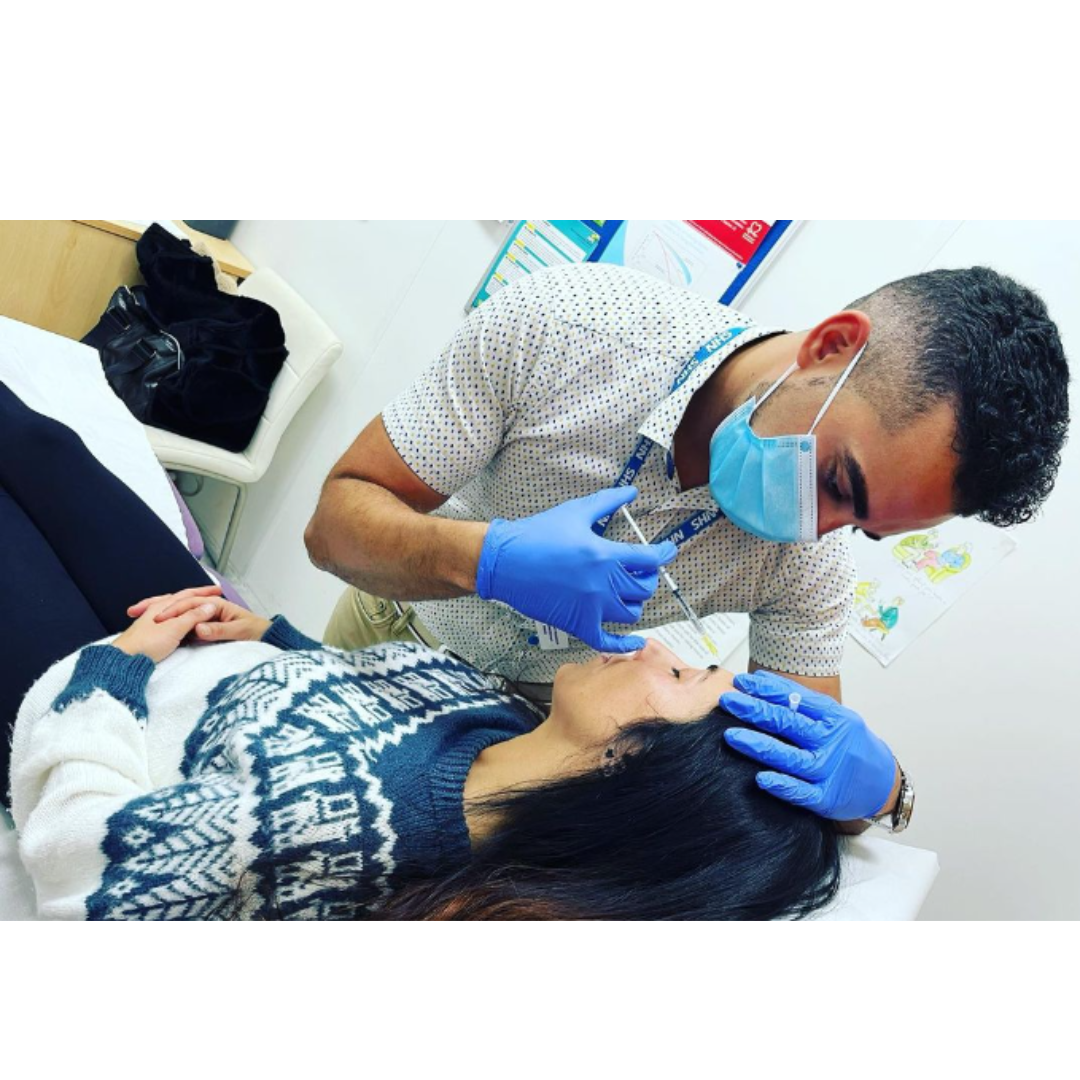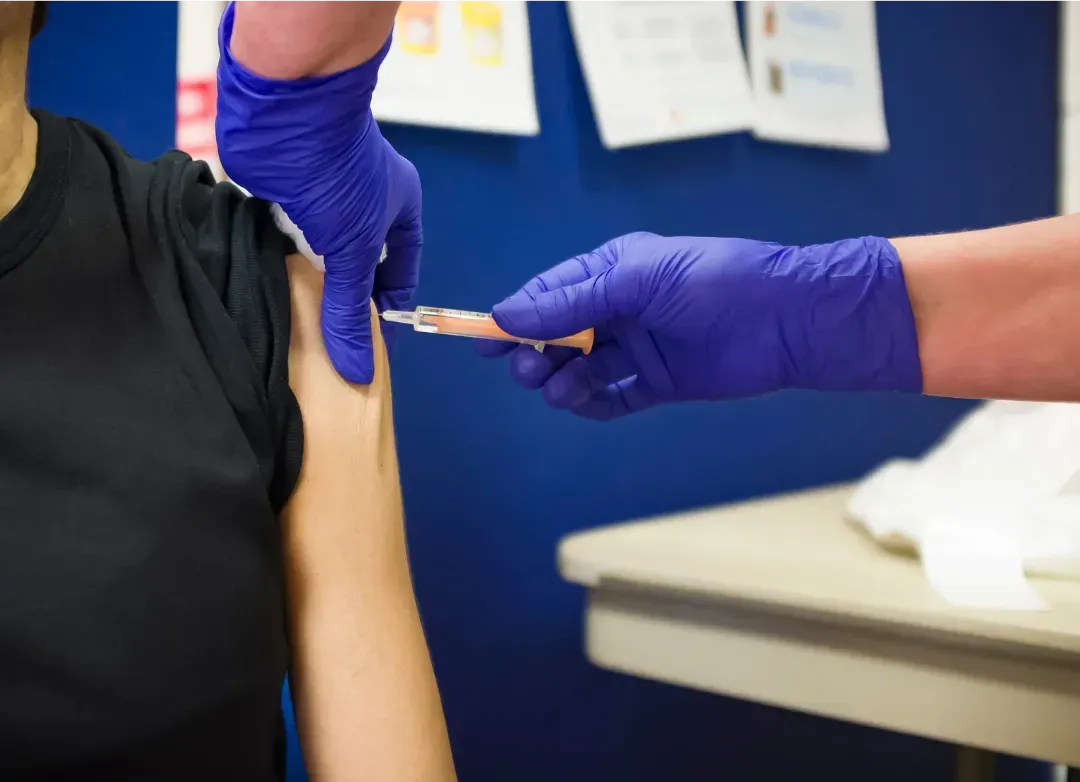Pharmacy First - Urinary Tract Infection (UTI)

UTIs (Urinary Tract Infections) primarily affect women and result from a bacterial infection in the urinary tract. Infection can occur at your bladder, kidneys or the urethra. Anywhere along the urinary tract. This type of infection tends to be frequent and can be very uncomfortable. To prevent any health complications it's important to ensure you seek appropriate support. NHS Pharmacy First is a brand-new FREE service that can help women who are seeking support for uncomplicated UTIs. No need to wait for a GP appointment to treat the symptoms of a UTI. Learn more about NHS Pharmacy First Service:
In this blog, we will cover:
- Symptoms of a UTI
- Treatment options
- Complications and potential risks?
- What are the causes?
- How Pharmacy First can help with this condition?
Symptoms of a UTI

Lower UTI infections in the bladder (cystitis) or urethra (the tube that carries urine out of the body) are more common. Symptoms include:
- A need to pee more often than usual
- Pain or discomfort when peeing
- Sudden urges to pee
- Feeling as though you’re unable to empty your bladder fully
- Pain low down in your abdomen
- Urine that’s cloudy, foul-smelling or contains blood
- Feeling generally unwell, achy and tired
Whereas an upper UTI infection in the kidney or ureters (tubes connecting the kidneys to the bladder) is less common, it can be far more serious. Symptoms include:
- A high temperature (fever)
- Pain in the sides or back
- Shivering and chills
- Feeling and being sick
- Confusion
- Agitation or restlessness
Treatment options
Thanks to NHS Pharmacy First our pharmacist can provide advice and treatment for women, (also men in some cases) who suffer from uncomplicated UTIs. In addition to six other conditions that are covered by this new, free service you can learn more about the other six conditions listed here:
- Shingles
- Impetigo
- Sore Throat
- Earache
- Sinusitis
- Infected Insect Bites
Treatment for UTIs can range from painkillers to creams or prescription-only medication such as antibiotics. Treatment is on an individual basis so ensure you speak to a pharmacist to get the most appropriate treatment:
- Vaginal creams (for recurrent UTIs)
- Pain Killers (to treat symptoms)
- Antibiotics
- Health & Lifestyle advice
Please Note that UTI treatment under the Pharmacy First scheme excludes women over 65. This is potentially due to more complex health issues that can occur in women at or above this age. Instead, you will need to be referred to a GP for advice and treatment.
Women aged below can take full advantage of this new service, receiving treatment for their uncomplicated UTI. Far more convenient than waiting for a GP appointment, this is a reliable option for our patients while also freeing up GPs to deal with more serious cases.
[lB1]Links
Complications & Risks

UTIs like many other common conditions can be easily dismissed as unimportant when it comes to affecting our long-term health. However, this can be far from the actual case. UTIs can lead to some serious health complications if unaddressed, such as sepsis! Developing a serious condition like sepsis will require immediate treatment by calling either 111 or contacting your GP.
Some people are at a higher risk of contracting UTIs. For example, those suffering from diabetes have a greater risk of infections across the board. Women have an overall higher risk of UTIs for a few different reasons. First, biological differences to men. Second, certain female contraceptive methods can increase the likelihood of UTI, one such example being diaphragms. Pregnancy can impact your risk of UTI. Hormonal changes during pregnancy increase UTI susceptibility. In addition, the pressure exerted on the urinal tract by the foetus all contributes to an increased risk throughout pregnancy.
Finally, postmenopausal women are also at a greater risk of UTIs due to changes once again in hormone levels, notably oestrogen. However, ageing is a risk factor that can affect both genders. As we age our bladder function and overall bodily functions tend to weaken increasing the background risk of many health conditions. One final risk group are those who are sexually active. Frequent intercourse (so-called “honeymoon-cystis!”) can increase your risk of UTIs.
If you might have a UTI, be sure to book an appointment. It's FREE under the Pharmacy First scheme:
What causes UTIs?
Urinary Tract Infections can affect various parts of the urinary tract. Bacterial UTIs most commonly affect the lower urinary tract (the urethra or bladder) and are normally less serious. Another relatively common cause of UTIs is kidney stones which can obstruct the urinary tract increasing the chances of infection. Those with weakened immune systems can also contract UTIs more frequently. As previously stated, certain methods of contraception also increase risk. Diabetics are generally more susceptible to UTIs partly due to raised levels of blood sugar in turn creating higher levels of sugar in urine. This sugar-laden environment is ideal for bacteria to thrive!
As briefly mentioned, women have a higher risk of contracting UTIs due to biological differences. Women have shorter urethras than men and since the urethra is closer to the anus, bacteria can spread more easily. In turn, men have an increased risk of UTIs if they have an enlarged prostate.
How Can Pharmacy First Help?

The FREE, NHS Pharmacy First service is here to help you with uncomfortable UTIs. Letchworth Pharmacy patients can book an appointment to speak to our pharmacist by contacting one of the team or booking online. We can provide advice and medication from the convenience of our pharmacy (depending on which treatment is most appropriate). This will save you the headache of back-and-forth trips to and from the GP.
UTIs & the other six Pharmacy First conditions will become far easier for our patients to manage. This has been a long-awaited service provided by community pharmacies and now that it is finally here, we will ensure that we can provide our community with the services they deserve.
If you want to book your NHS Pharmacy First appointment, click here:








